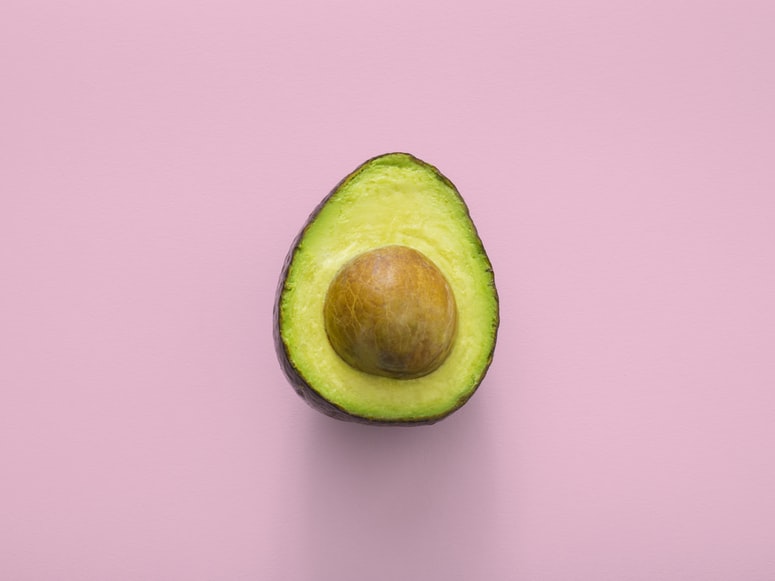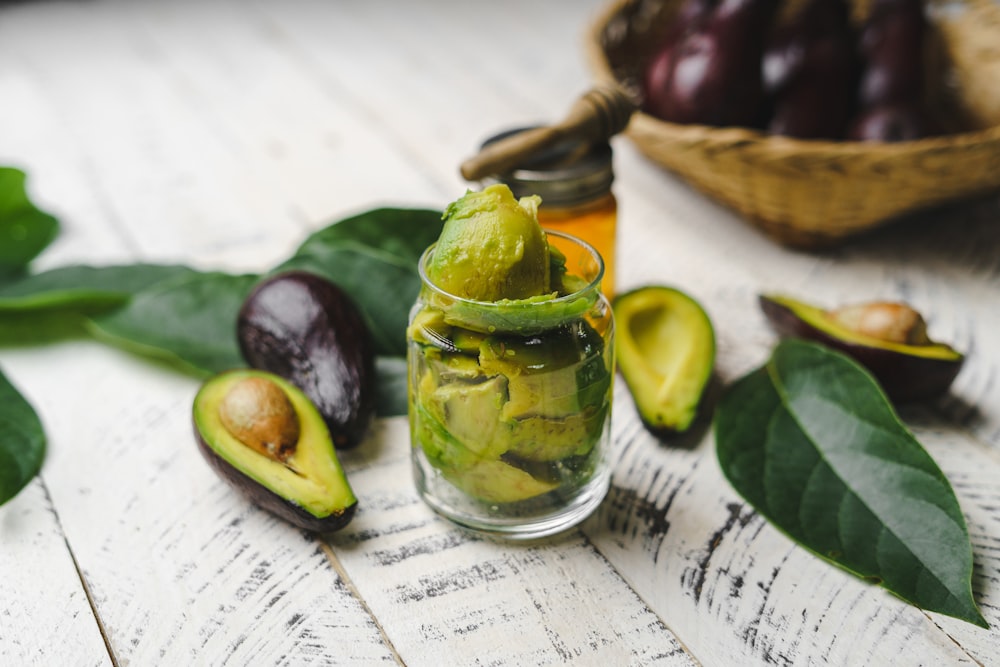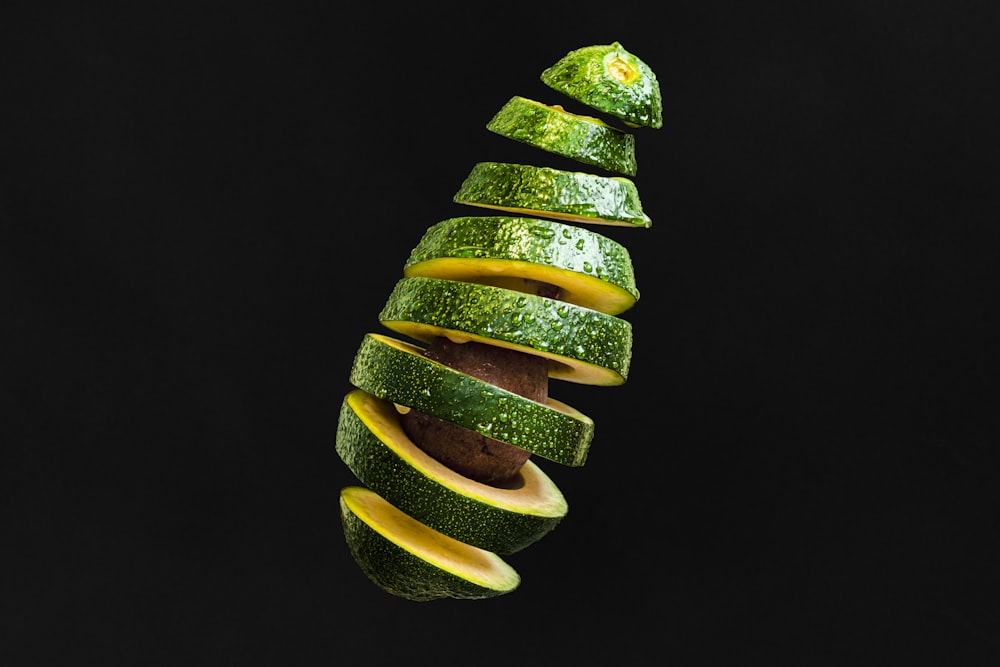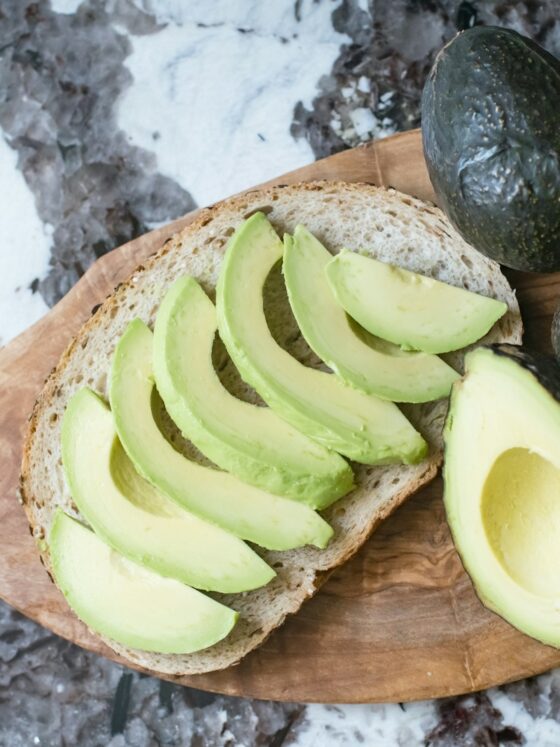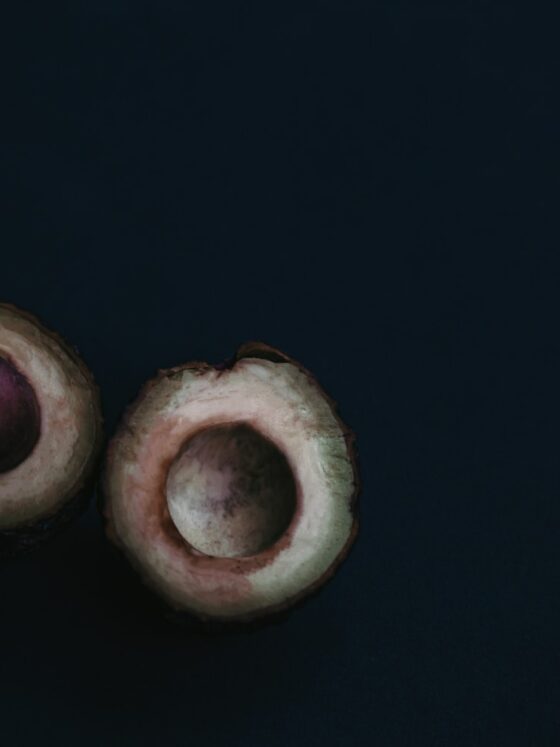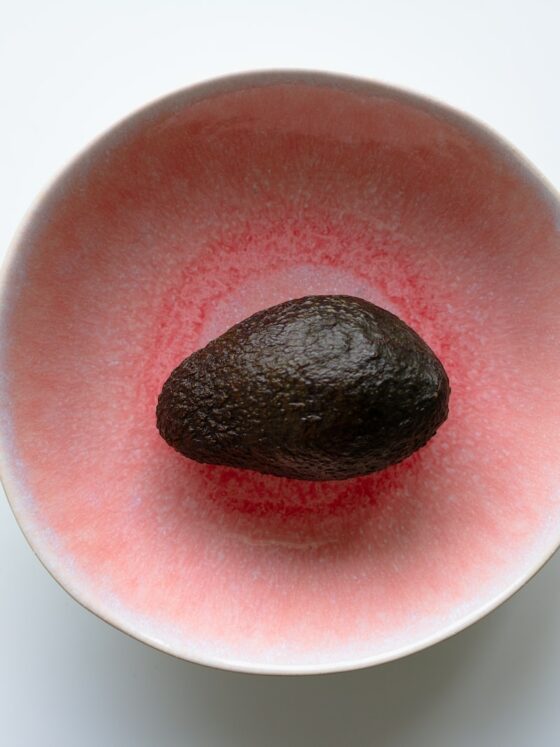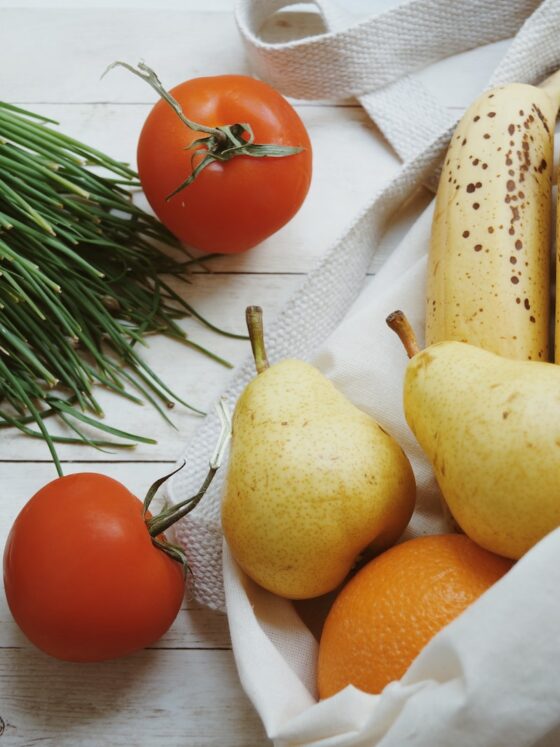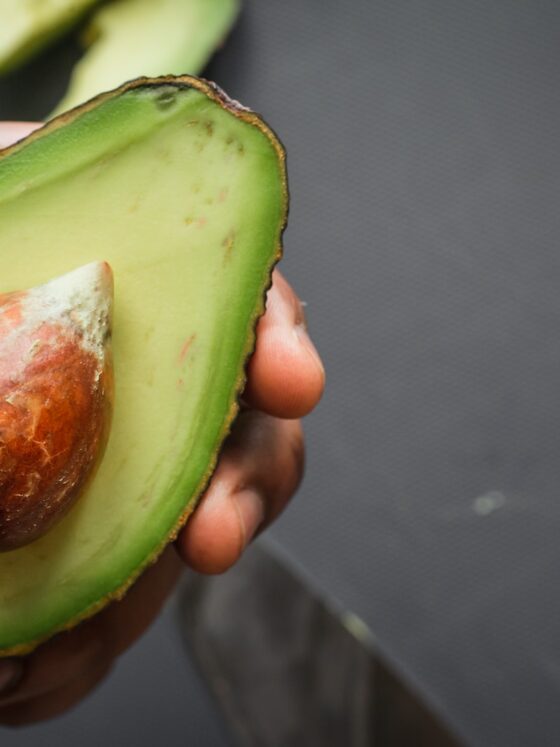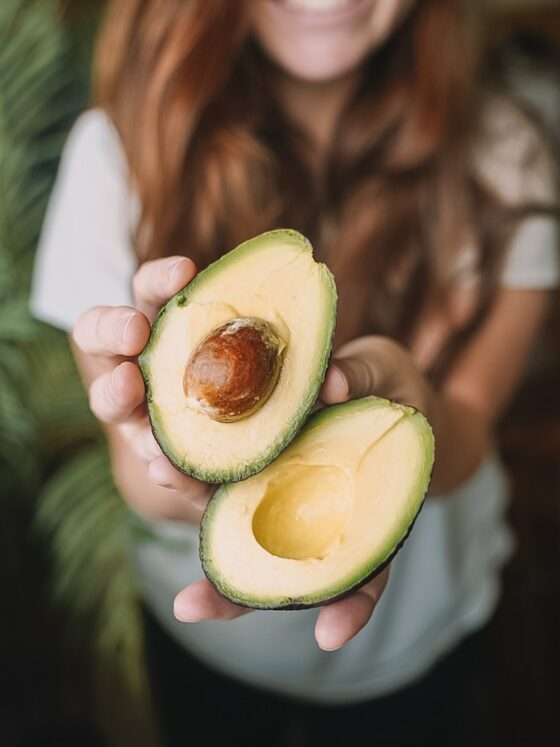Avocados are a superfood, and not only are they low in sugar and high in fiber, but they also contain healthy fats that can help reduce your risk of heart disease. They are a versatile food that can be eaten raw or cooked, and they’re a great addition to salads, smoothies, or tacos.
So, is avocado good for diabetics and people who are trying to watch their sugar intake? The answer is yes! Avocados have a lot going for them that makes them a great food choice for diabetics.
They contain low levels of sugar, a significant amount of fiber which helps you feel full, they’re packed with nutrients and healthy fats, and the monounsaturated fats in avocados reduce your LDL cholesterol (the bad kind).
As a diabetic, you should watch over your sugar intake as avocado does contain sugar. However, it is lower in net carbs than many non-starchy vegetables so it’s still relatively low. Additionally, it contains fiber which slows down the rate of absorption so you don’t get a spike in your blood glucose levels.
Generally, diabetics can safely eat a moderate amount of avocado, especially if focusing on a healthy diet that ensures satiety. Avocados are chock full of beneficial nutrients like potassium, vitamin E, folate, B6 vitamin, magnesium, copper, and vitamin K.
Vitamin K is a particular bonus because it helps transport calcium throughout the body, preventing conditions like osteoporosis.
What’s the sugar content in avocados?
Avocado is a great substitute for high-calorie snacks like chocolate and ice cream, but they do contain sugar. Not all sugars are created equal though. Avocado contains a type of sugar called fructose that isn’t as bad as other sugars because it’s digested more slowly and doesn’t cause spikes in insulin levels.
An average whole avocado contains about 1.7 grams of sugar. The sugar content in avocados does vary though since different varieties have more or less sugar. If you’re watching your blood sugar levels it’s best to use the net carb method of tracking.
Is avocado high in carbs?
Even though avocado does contain sugar like fructose, its net carbs make it an ideal food for diabetics whose main concern is controlling their insulin levels and blood sugar levels.
Avocado is one of few fruits that actually doesn’t have a high level of fructose and therefore won’t affect your insulin levels as much as a banana for example. It’s a good source of fiber which slows down the rate that sugar enters the bloodstream making it easier to control blood sugar levels.
Eating avocado during your keto diet has been gaining popularity in recent years. The keto diet is a high-fat, low-carbohydrate diet that helps you lose fat by putting your body into ketosis. Avocados are a great food to eat on the keto diet because they’re high in fat and fairly low in carbs.
One of the main benefits of the avocado for the keto diet is that you can eat as much avocado as you want. Unlike other diets where you have to restrict your calorie intake, you can eat as much avocado (inside of your calorie and macro limit) as you like on the keto diet and still lose weight.
If you’re trying to lose weight, remember that the key is to balance out your sugar intake with exercise. So if you go overboard on eating avocados, make sure to do some sort of body movement to burn off the calories you’ve consumed.
How to best use avocado if you’re a diabetic?
Being aware of the net carbs contained in the whole fruit is important since some varieties are higher or lower than others although the average net carb count is roughly 5g.
The best way to use avocado as a diabetic would be for a snack that you eat regularly instead of higher-calorie options like chocolate or ice cream. It’s also an ideal food to have with your meals especially if you’re trying to lose weight and control your insulin levels.
If you use avocado on a low-fat diet, make sure to keep an eye on your overall calorie and macronutrient intake. A common mistake that some people make while trying to eat healthily is thinking that since avocado is a superfood they can eat more of it than they normally would (like chips for example), but this leads to eating excess calories which will make it harder to lose fat.
Our favorite way to consume avocado in a controlled amount is through homemade guacamole. Finely cut a whole onion, a few cherry tomatoes, and mash one whole avocado, and mix in a bowl. Season with salt and pepper and drizzle half a lemon juice over it. Use it as a condiment with your meal and enjoy!

